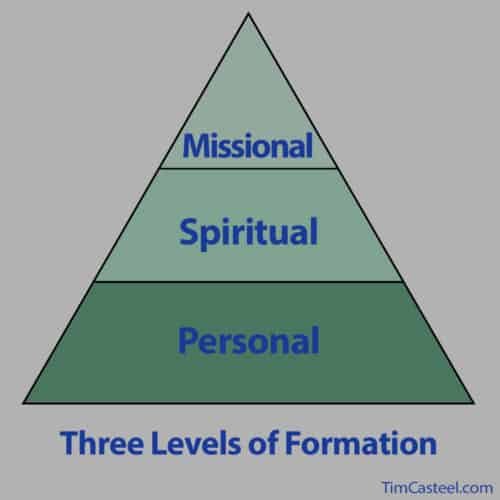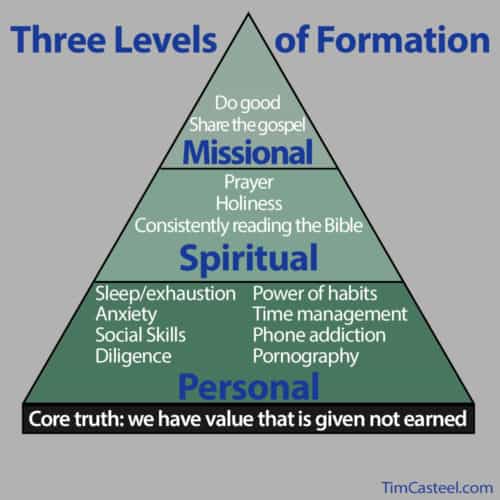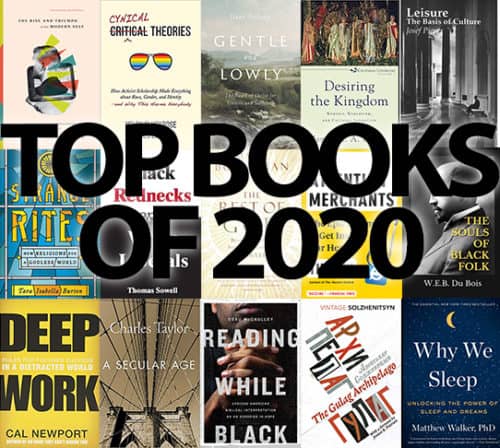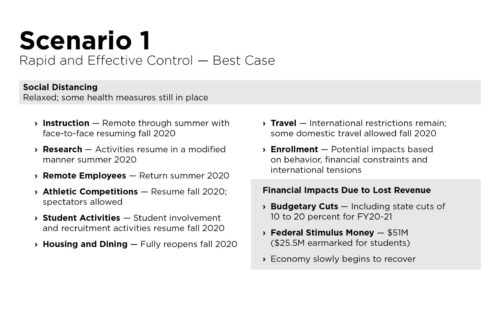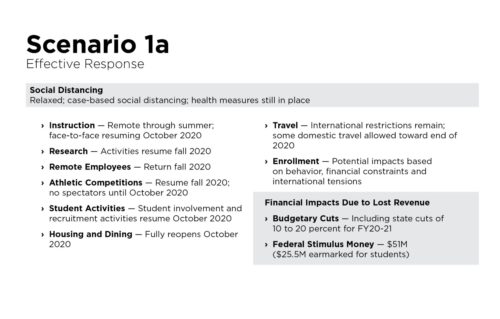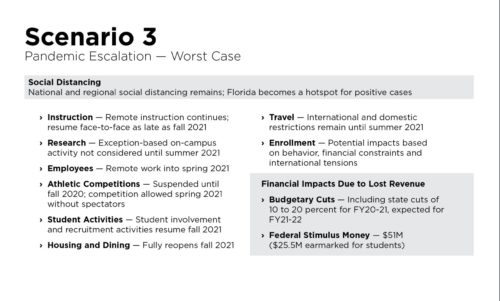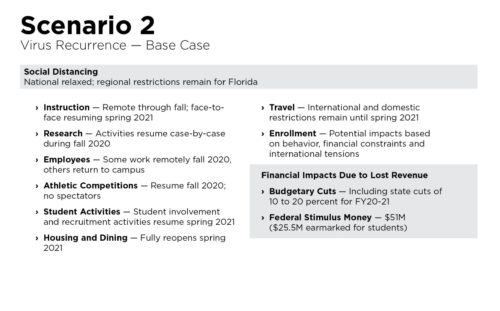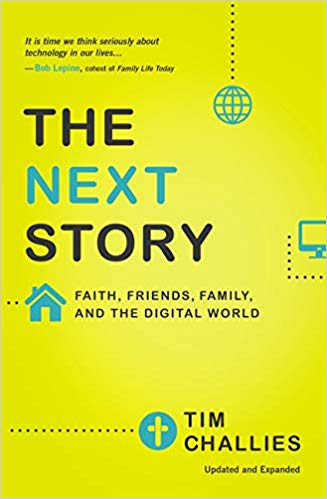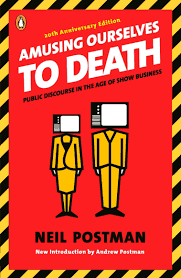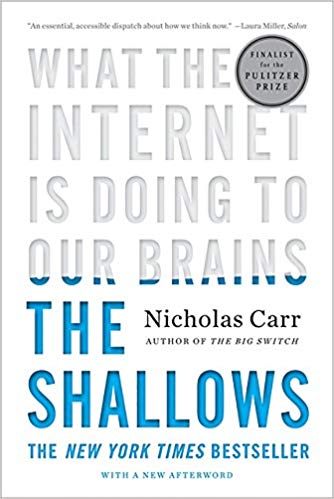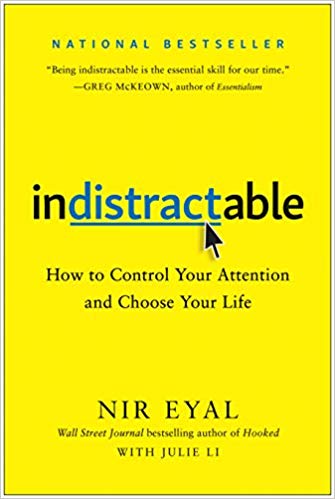“To be a follower of Christ in the early twenty-first century requires a way of being in the world that resists being sucked into the numbing glare of [our phones].”
Alan Noble – Disruptive Witness
Here are a couple tools you can use to begin to understand and fight our phone’s effects on us spiritually: a 4 page article and a 45 minute video.
The Spiritual Effects of Distraction is a 4 page article that would be a great tool for a 15-30 minute discussion in discipleship or a staff meeting.
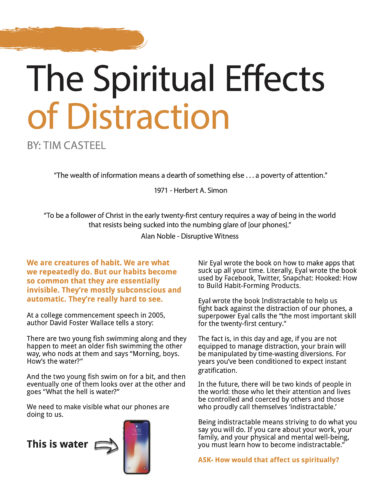
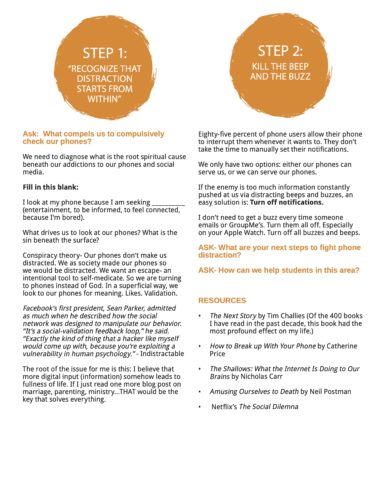
Here’s a 45 minute talk called How to Stop Looking at Your Phone that I gave at the 2021 National Cru Winter Conference:

